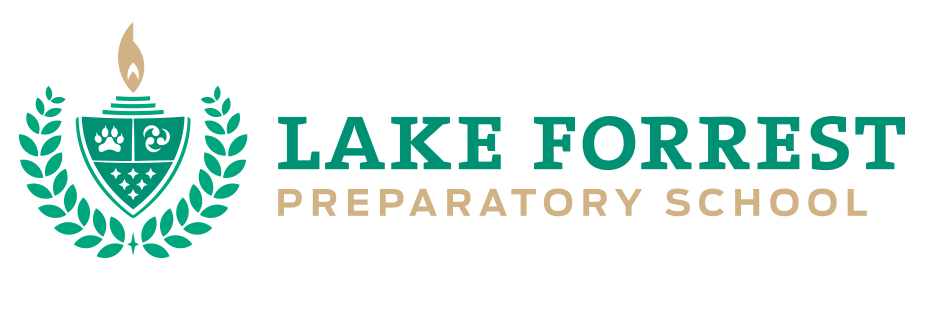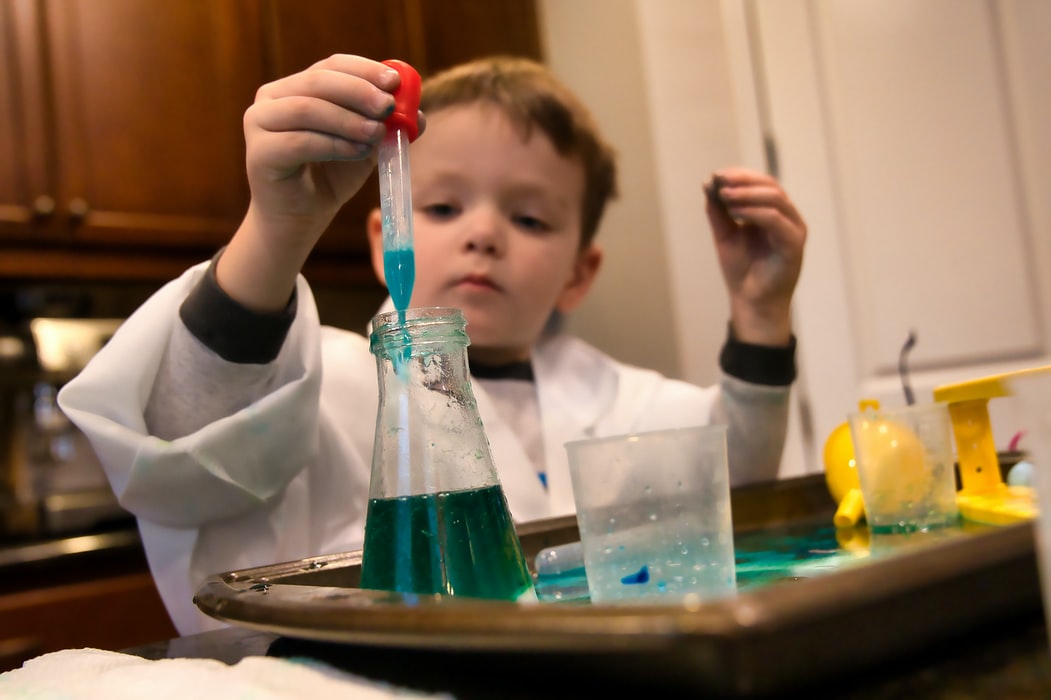The sciences are complex, challenging and exciting areas of study. However, some kids (and adults) can get tripped up in scientific thinking. The next time you look over your child’s science homework, here are some mistakes you can keep an eye out for.
Using the wrong keywords
From “particle” to “cumulonimbus clouds,” each science discipline comes with a unique set of keywords. Young scientists can get tripped up in describing a scientific idea or explanation. That’s okay! Encourage your child to review their keywords every night, and once a week, have them reflect on previous units’ keywords.
Being too afraid to ask questions
The first step of the scientific method is starting with a question. For any kid to succeed in science, they have to be curious. Some children only like to be told the correct answer rather than ask “why” or “what would happen if…”. If your child struggles in science, reach out to the teacher to see what kind of questions your child asks. They might not be asking any at all!
Not realizing that a problem has multiple answers
Science classes are often interconnected. A concept discussed last semester can come back up in a more complex concept the next semester! Students can become so focused on the “here and now” that they don’t realize a science problem is asking them to draw on previously learned knowledge. When reviewing your child’s science homework, make sure they answer all parts of the problem in full. If they’re missing a section, see if you can jog their memory.
Stopping at memorization rather than applying scientific principles
This mistake often makes-or-breaks a student’s future in STEM classes. Memorizing terms and equations are important, but memorizing simple answers as to why something happens in a science experiment isn’t enough. As students get older, they’ll be asked in more advance classes to apply scientific knowledge and test theories. “Because the textbook says so” isn’t enough to help them move forward. When you’re reviewing your child’s science homework, look for instances where you child has copied verbatim their textbook’s answers. Ask them why that answer is correct, and see if they can explain how a chapter’s concepts resulted in a correct answer.
Science and scientific thinking can take time for students to feel comfortable with, and that’s okay! By knowing what problems to look out for, parents can encourage their children to give any question another shot. At Lake Forrest Prep, we love challenging students to think beyond their comfort zones and discover how new concepts connect with what they already know. Looking for a place where your child can grow? Come visit our campus. Call 407-331-5144 to schedule your tour or fill out our inquiry form.


